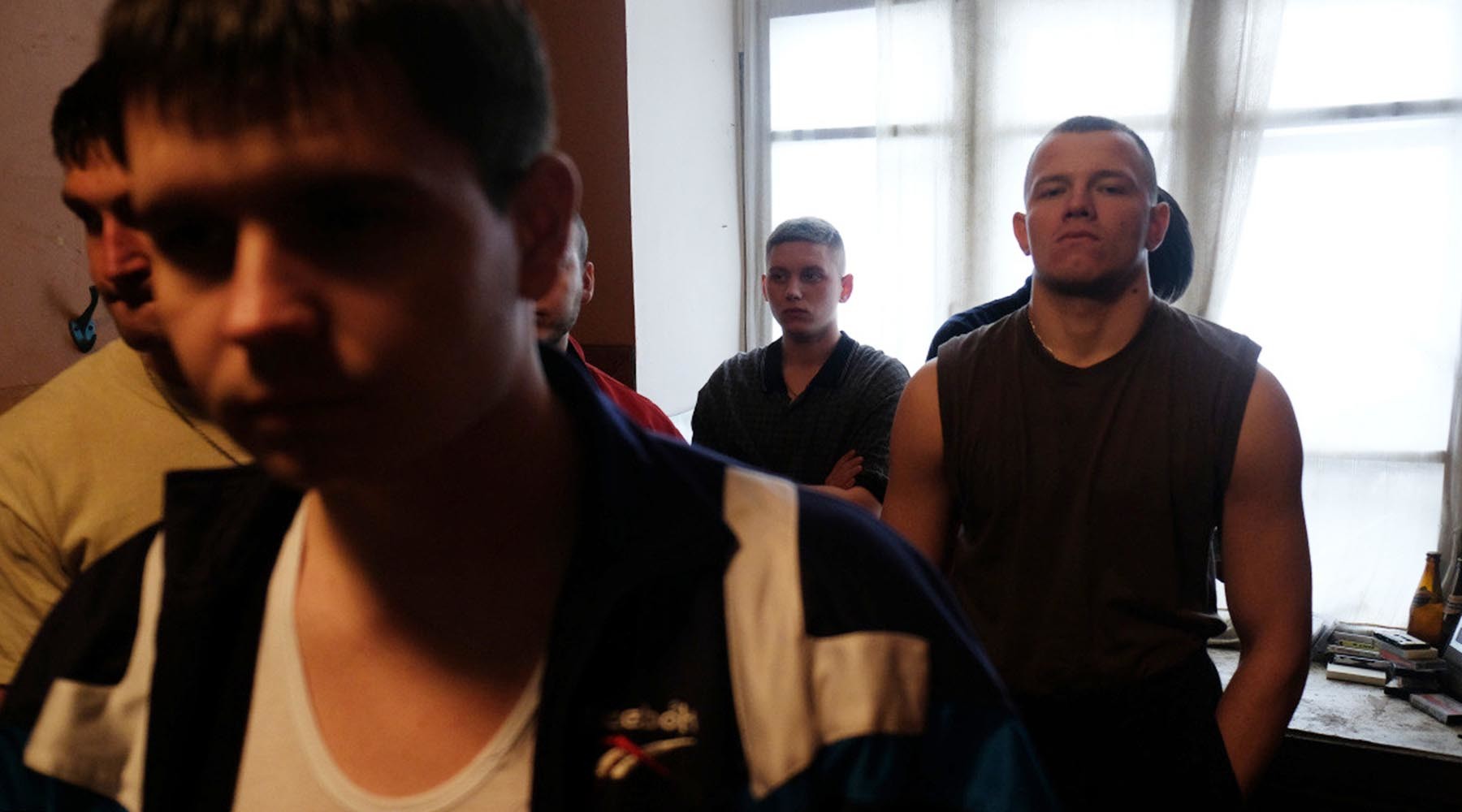The nineties ended almost twenty years ago, but in the Russian expanses there are many places where you can still feel the spirit of that era. Even in the renovated Moscow, no, no, and some nonsense will make you remember the past: a staircase in the old recreation center, a bench overlooking the garages or windows in the school cafeteria (its representatives of the generations who made the 90s are now visiting as voters).
Starting this week, the hall of any cinema in which Boris Akopov's Bull is a feature also has the capabilities of such a time machine. It is a beautiful and honest film about the 90s that is not inferior to the legendary Brother in artistic value and expression power (but not claiming the title cult due to its obvious non-mainstream nature). However, it is important to understand that comparing Akopov and Balabanov’s tapes by other criteria is inappropriate: genres and meanings are different, the main characters are very similar (both are simple, bold, conscientious and straightforward), but they will always remain on different sides of the barricades - cinematic and social.
Nicknamed "Bull" (Yuri Borisov), Anton Bykov did not participate in the Chechen war, did not avenge friends and did not save prostitutes. He served in the army, and after being demobilized, he did something and briefly got into prison. We learn about this from the dialogues: the first acquaintance of the audience with the Bull will take place after his release, when he - the leader of a youth criminal group from an unnamed town near Moscow - will fall into another unpleasant story.
“Whatever the day is fights, then cops,” describes the lifestyle of the Bull and his comrades, the local beauty Tanya, the heroine of Stasi Miloslavskaya. So it is: the shooters with the "impudent" Oriental "are replaced by getting into the site, and the free time from these classes is spent on stealing cars for subsequent alteration in the" workshop "and honing military skills in the" section ". True, for the “boys” (nevertheless they are the guys - one “trunk” for the whole gang), the “brothers” are much more dangerous than the police, and the Chechens who “cover” the market are worse than the “brothers”. Mainly because the Bull and friends are drawn into the affairs of these two forces.
Criminal showdown is not the only thing that takes Anton’s head. His main concern is the family, which he took custody of after the death of his father: mother, younger sister - a teenager and younger brother - a first-year student. As far as possible, the bull protects his brother from the influence of the streets - he dreams that it will come out of sense, and he will not repeat the fate of the elder: “Do not be like me. Bad me. ”
- © Shot from the movie “Bull” (2019)
But the truth is that the Bull is not just good, but the most correct of all. Inside it, a big “bullish” heart beats (these words will take on a different meaning when it comes to cardiomegaly in the film), which makes him not a hero of the time (a niche, we remember, is already occupied), but a timeless, universal hero. When courage and responsibility were not held in high esteem?
Opinions about the veracity of what is seen on the screen may vary. Some people think that Akopov painted his 90s in too gloomy tones - but, obviously, such a spectator was just lucky enough to be at this time in a different place, in different conditions and in a different age category.
However, the tender age - only 12 years old - did not prevent Boris Akopov, a native of Balashikha, from watching, feeling and memorizing the year 1997, so that after twenty years with phenomenal meticulousness he would transfer the impressions of the era to the screen. And almost always - through the prism of the attitude of other people: a criminal authority who howls in karaoke on the birthday of his deceased son; a girl swirling around the hairdresser in anticipation of a school disco; a guy whose will was broken by heroin. The picture will not be complete if we subtract at least one term from the sum - and “Bull” is certainly good in that it demonstrates the absolute, as far as possible within the framework of a whole film, picture of what is happening in one place at one time. Not every eminent director can boast of such a thing.
Akopov equipped his first tape with the slogan "Survivors of the 90s is dedicated." But, obviously, those born in the two thousandth will easily answer the unnerving majority of directors the question: "What is the film about?" And the answer will not be “About how the hooligans smashed the market” - fortunately, the most expressive means were chosen for explaining by a talented debutant.

